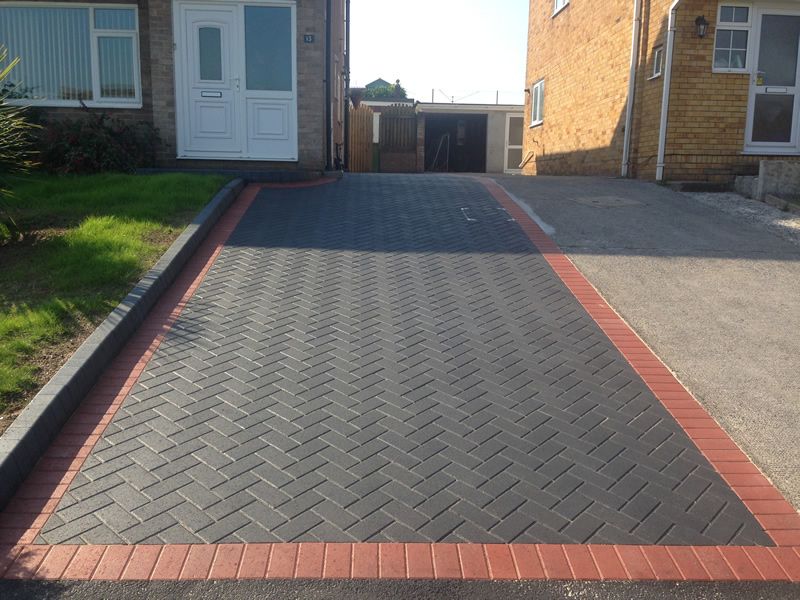
While your driveway may look like an unexciting part of your building, it is actually among the important elements of the landscape. You may be wondering, why? That is because it is being used on a daily basis and it is fundamental in the creation of curb appeal for your home.
The resale value of your property will increase if your driveway is attractive. Well, that is if you intend on selling. But before then, it is the first thing you will see each time you get back home. Paving the driveway of any building makes the exterior appear safe and neat. However, the landscaping needs to be carefully planned to bring about a long-lasting effect.
As a homeowner, you need to know what is involved in paving your driveway. This will enable you to make the right decision and protect you from contractors who just want to earn quick cash. If you also need to repave the driveway, it will be easier to know what to expect from a driveway repair service if you have a basic understanding of what it entails.
When Can a Driveway Be Paved?
A driveway can be paved two years after the property has been built. This period of waiting will allow the ground to settle properly, thereby, providing a strong base which is essential when paving the driveway. On the contrary, if the property is not a new one or older than two years, all you need to do is choose a suitable season for the paving.
The ideal paving condition is when the weather is relatively warm and dry. If the weather is too wet, the base gravel will wash out quickly. And that base is needed for the asphalt to set in if you are using asphalt paving. Different materials are used to pave driveways. Keep reading so you can know which one suits you.
Types of Paving Materials
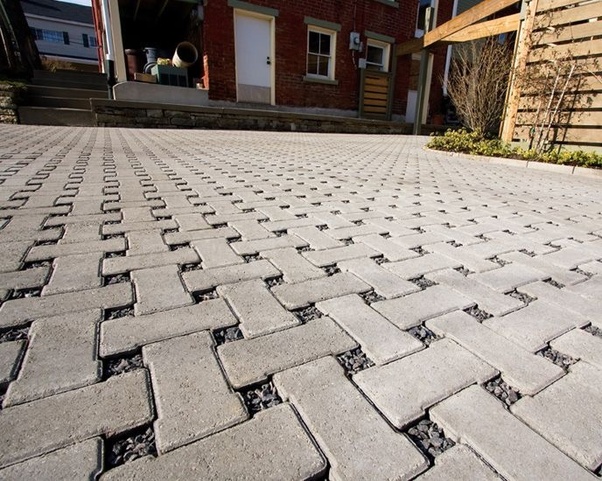
The most common materials people use when paving driveways are asphalt, poured concrete, gravel, and pavers. Before settling for a type of paving material, you need to know that every driveway will degenerate with time, but some will require face lifting faster than others. However, this depends on the weather conditions in your area, how often the driveway is being used, and if the paving was properly done.
We will be discussing each type of paving material; including its pros and cons.
Asphalt
Asphalt paving combines stone, sand, and gravel with asphalt cement (a liquid petroleum product). This mixture is unbelievably stinky and very hot. Asphalt is commonly used in areas that require snow removal during snowy periods. It is also a suitable option if you are on a strict budget.
Pros
- It is economical
- It is not likely to crack due to frost heaves
- Asphalt makes it easy to remove snow
- Re-layering is possible when it gets worn or damaged
Cons
- It is prone to cracking when sealed improperly
- It requires routine sealing, every 3 – 5 years
Poured Concrete
Concrete is gotten from a mixture of rocks, sand, and stone with cement and water. Concrete paving can be customized to suit different architectural styles.
Pros
- It is long-lasting and can be maintained with ease
- Various decorations can be made on it, including stamping and staining
- It can be used to form various geometric shapes, giving your house a custom look
Cons
- The site and frames need to be prepared properly before pouring the concrete
- Roots of nearby trees can crack the concrete over time
Gravel
There are 2 types: crushed granite and traditional gravel. Crushed granite has a finer texture and it is very stable. Traditional gravel is usually used in rural areas.
Pros
- It has a variety of colors
- Minimal maintenance is required besides weeding and regrading
- It allows water to seep back to the ground which makes it eco-friendly
- It resists cracking
Cons
- Some gravel may be lost when using a machine to remove snow
- When it gets loose, it will look messy
Pavers
They come in different styles: concrete, cobblestone, and brick. The concrete version is stronger than the poured concrete we mentioned earlier.
Pros
- If a piece goes bad, you can fix it without having to replace the entire driveway
- The concrete option is basically interlocking, and this makes for quick installation
Cons
- They are expensive
- Some designs and patterns can look outdated over time
- Roots of trees can damage pavers
Conclusion
The appearance of your driveway is very important. If it is stained and cracked, people will have a low impression of your home, whether your lawns are well trimmed or not. Hence, you need to choose the right paving material that will last for a long time.
Tags: concrete tiles, contemporary, eco-friendly, garage, home improvement, landscaping, patio







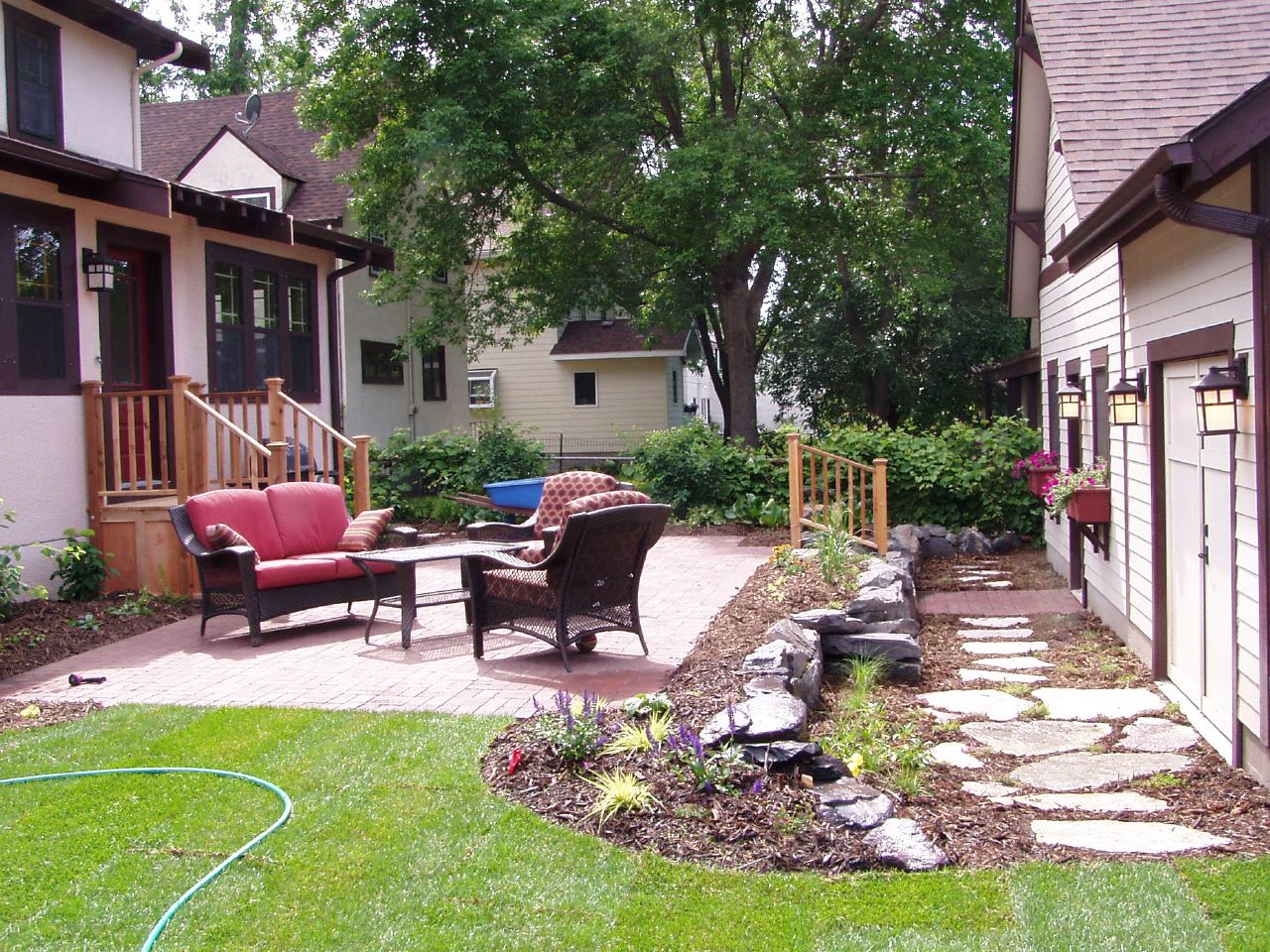
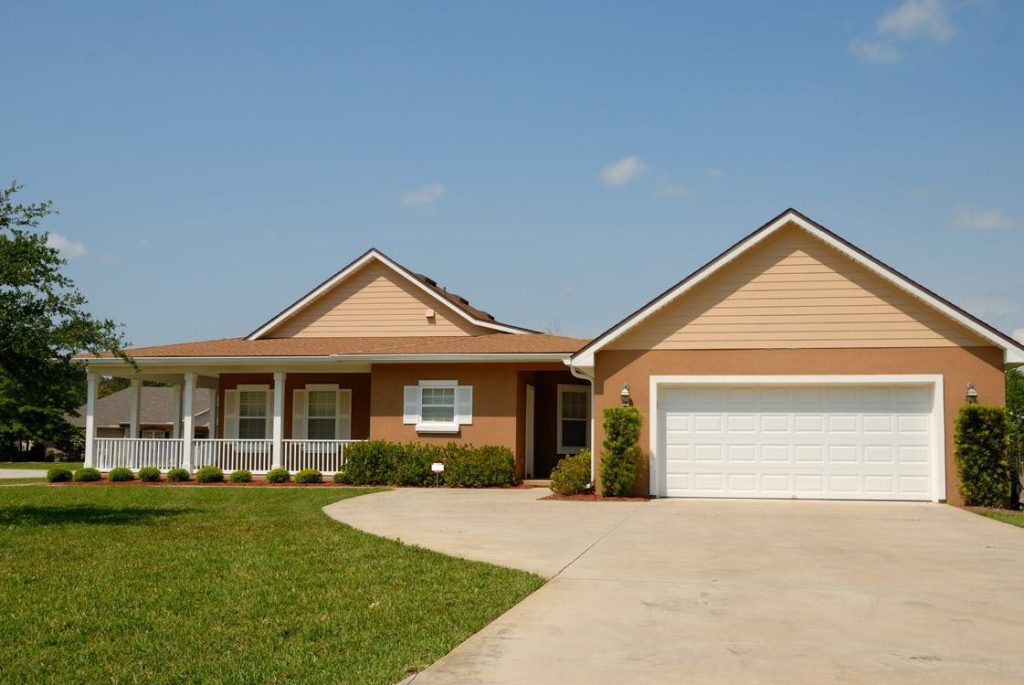


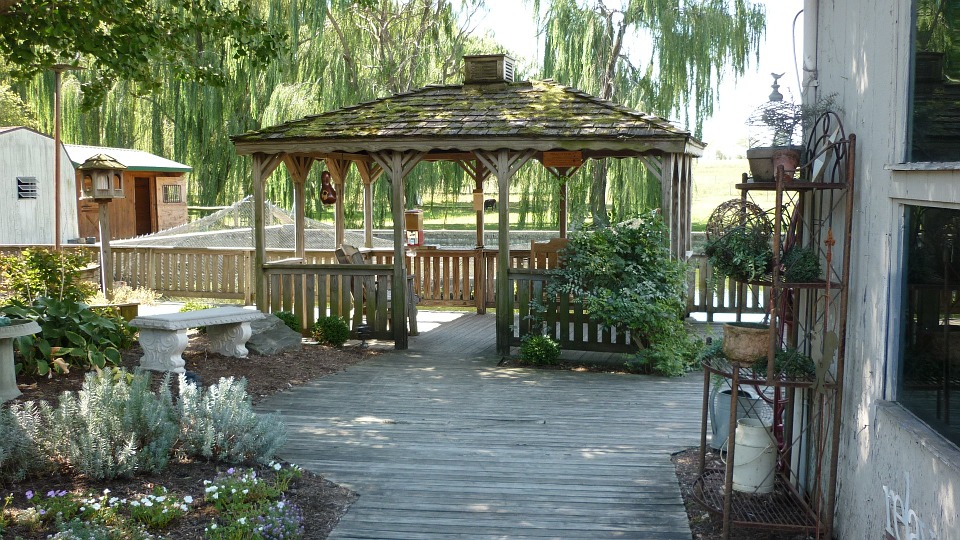
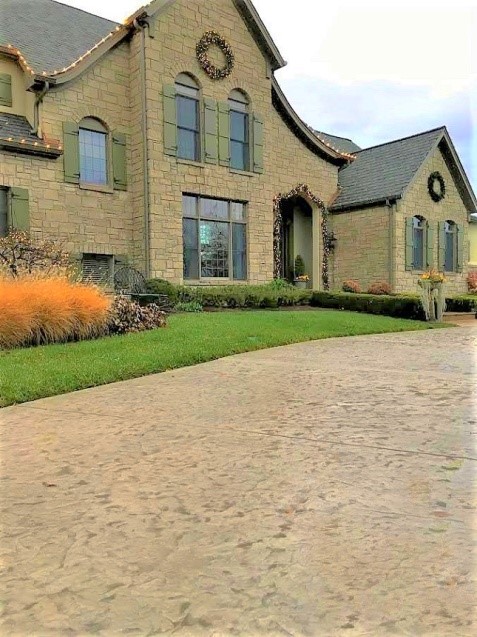
 If you’re hesitant to stamp the entire driveway with a pattern or design, you can get a very attractive appearance for your driveways by stamping only a portion of the area, more commonly the border of the driveway. With this technique, you choose a design for the border of the driveway like a geometric pattern or a faux stone and either apply a simpler pattern to the middle or keep it completely plain. The contrast between the border and the middle of the driveway will look elegant and not overly done.
If you’re hesitant to stamp the entire driveway with a pattern or design, you can get a very attractive appearance for your driveways by stamping only a portion of the area, more commonly the border of the driveway. With this technique, you choose a design for the border of the driveway like a geometric pattern or a faux stone and either apply a simpler pattern to the middle or keep it completely plain. The contrast between the border and the middle of the driveway will look elegant and not overly done.
 Stamped concrete is capable of mimicking other flooring materials for driveways, such as stone. If you want the aesthetic value of stones like slate and cobblestone but the durability, cost, and longevity of concrete, stamped concrete is capable of delivering that. For faux stone designs, you can have them laid out straight or patterned in a fan effect for a more stylish stamping.
Stamped concrete is capable of mimicking other flooring materials for driveways, such as stone. If you want the aesthetic value of stones like slate and cobblestone but the durability, cost, and longevity of concrete, stamped concrete is capable of delivering that. For faux stone designs, you can have them laid out straight or patterned in a fan effect for a more stylish stamping.
 If you’re interested in stamped concrete driveways for its versatility, you may be interested in getting more unique designs on your driveway. For example, you may be more inclined to get a large-scale pattern or a large design like a specific image like a sunburst or compass. This can likewise be done with concrete stamping.
If you’re interested in stamped concrete driveways for its versatility, you may be interested in getting more unique designs on your driveway. For example, you may be more inclined to get a large-scale pattern or a large design like a specific image like a sunburst or compass. This can likewise be done with concrete stamping.
 If you love the look a brick driveway but are concerned about its cost and need for constant maintenance, you can achieve a “brick” driveway with stamped concrete. Choose the kind of brick you want to emulate for your driveway and leave the rest to your contractor to get the best results possible.
If you love the look a brick driveway but are concerned about its cost and need for constant maintenance, you can achieve a “brick” driveway with stamped concrete. Choose the kind of brick you want to emulate for your driveway and leave the rest to your contractor to get the best results possible.




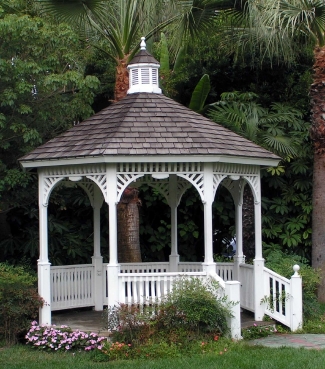




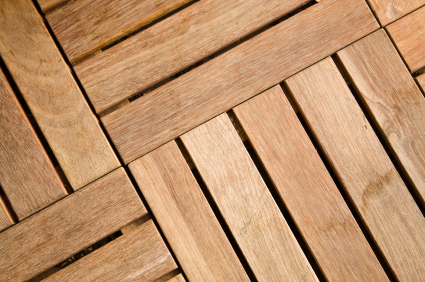 4. Enhance Your Yard and Help the Environment with Permeable Pavers
4. Enhance Your Yard and Help the Environment with Permeable Pavers
